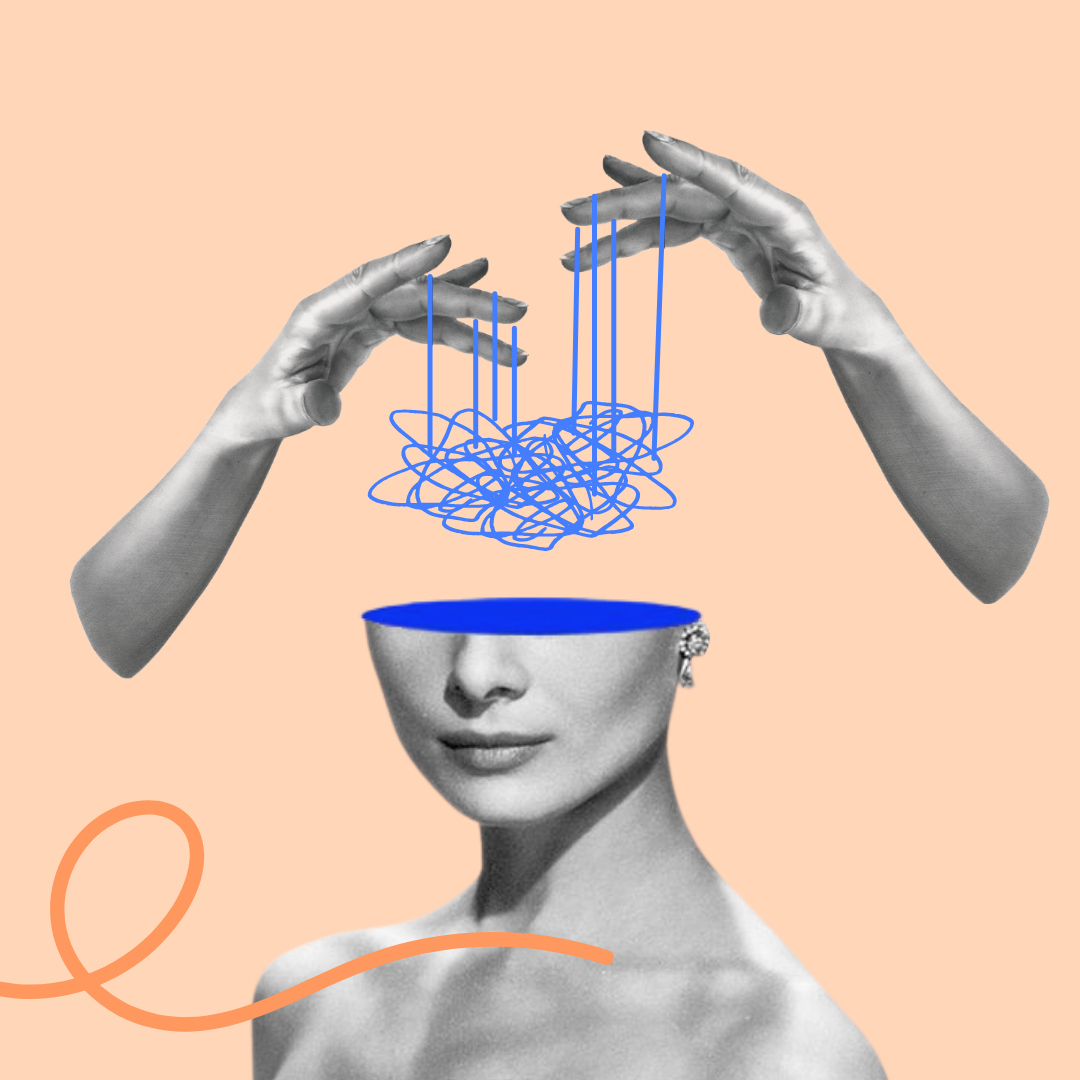Your cart is currently empty!

— by
Introduction: Back pain is a prevalent condition that affects millions of people worldwide, impacting their daily activities and overall quality of life. While physical factors such as poor posture, muscle imbalances, and spinal issues are often associated with back pain, there is another crucial aspect that should not be overlooked—the mind-body connection. The intricate relationship between our mental and physical well-being can significantly influence the onset, severity, and management of back pain. In this blog post, we will explore the fascinating connection between the mind and body and how it relates to back pain, shedding light on the importance of addressing both aspects for a holistic approach to healing.
Mind-Body Connection: The mind-body connection refers to the intricate interplay between our thoughts, emotions, and physical sensations. Research has increasingly demonstrated that our mental and emotional state can have a profound impact on our physical health, including the experience of pain. Stress, anxiety, depression, and other psychological factors can contribute to the development or exacerbation of back pain, while positive emotions, relaxation techniques, and mindfulness can aid in its relief.
Psychological Factors Influencing Back Pain:
- Stress and Tension: High levels of stress can cause muscle tension, leading to increased discomfort and muscle imbalances that contribute to back pain. Learning effective stress management techniques, such as deep breathing exercises or meditation, can help alleviate both stress and its impact on the body.
- Emotional Well-being: Emotional well-being plays a crucial role in pain perception. Feelings of anxiety, depression, or sadness can heighten pain sensitivity and amplify the perception of back pain. Seeking professional support and engaging in activities that promote emotional well-being, such as counseling or engaging in hobbies, can be beneficial.
- Fear-Avoidance Behavior: When individuals develop fear or anxiety related to their back pain, they may adopt a sedentary lifestyle or avoid certain activities. This avoidance behavior can lead to deconditioning, weakened muscles, and increased pain sensitivity. Gradual exposure to feared activities under the guidance of a healthcare professional can help break this cycle.
Harnessing the Mind-Body Connection for Back Pain Relief:
- Mindfulness and Meditation: Practicing mindfulness techniques and meditation can help cultivate a sense of calm, reduce stress, and promote body awareness. These practices have been shown to reduce pain perception and improve overall well-being.
- Cognitive-Behavioral Therapy (CBT): CBT is a therapeutic approach that focuses on identifying and challenging negative thoughts and beliefs associated with pain. By changing our thought patterns and adopting healthier coping strategies, individuals can effectively manage their back pain.
- Physical Activity and Exercise: Engaging in regular physical activity and exercises specifically targeting the back muscles can have a positive impact on both the mind and body. Exercise releases endorphins, improves mood, strengthens muscles, and promotes a healthy spine.
- Holistic Approaches: Integrative therapies such as yoga, tai chi, acupuncture, and massage therapy can help promote relaxation, relieve muscle tension, and reduce stress levels, leading to improved pain management.
Conclusion: Recognizing and addressing the mind-body connection is essential for a comprehensive approach to back pain management. By understanding the impact of psychological factors on pain perception and utilizing techniques such as mindfulness, cognitive-behavioral therapy, and physical activity, individuals can experience relief and regain control over their lives. It is crucial to work with healthcare professionals who can provide guidance and support in navigating the mind-body connection to achieve optimal well-being and long-term back pain relief. Embracing a holistic approach that considers both the physical and mental aspects of back pain can lead to improved outcomes and a better quality of life.